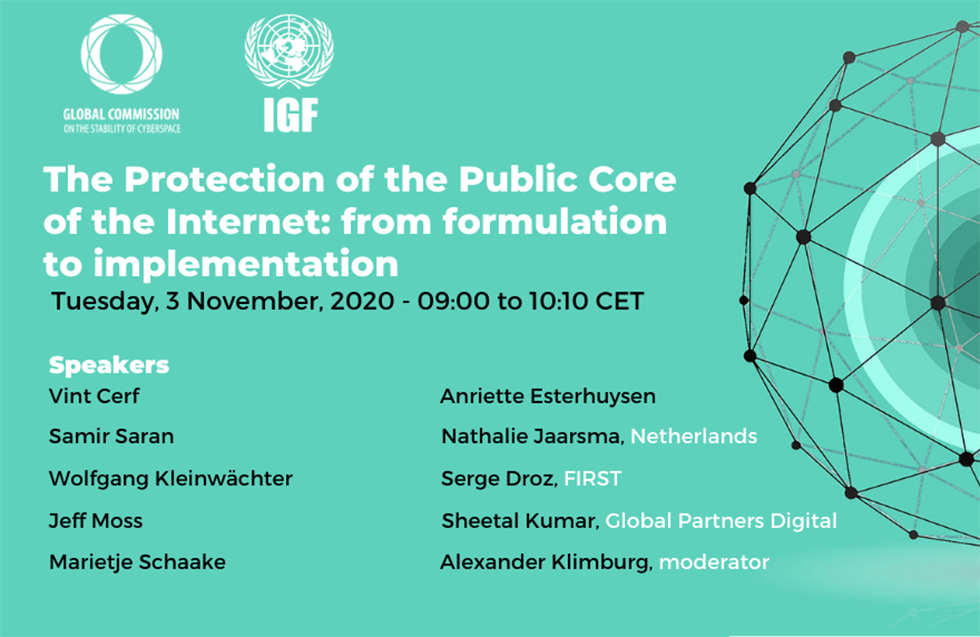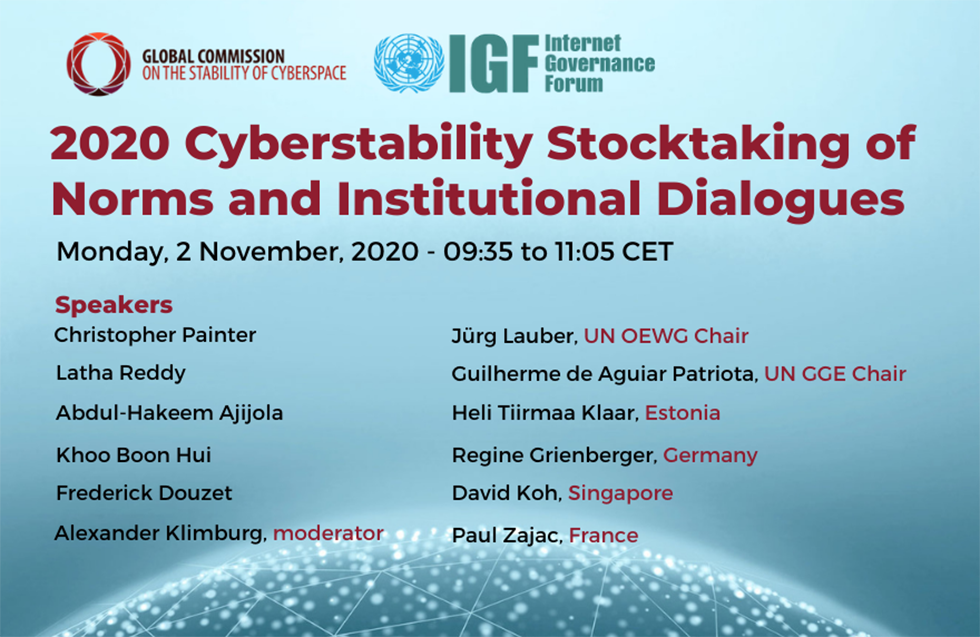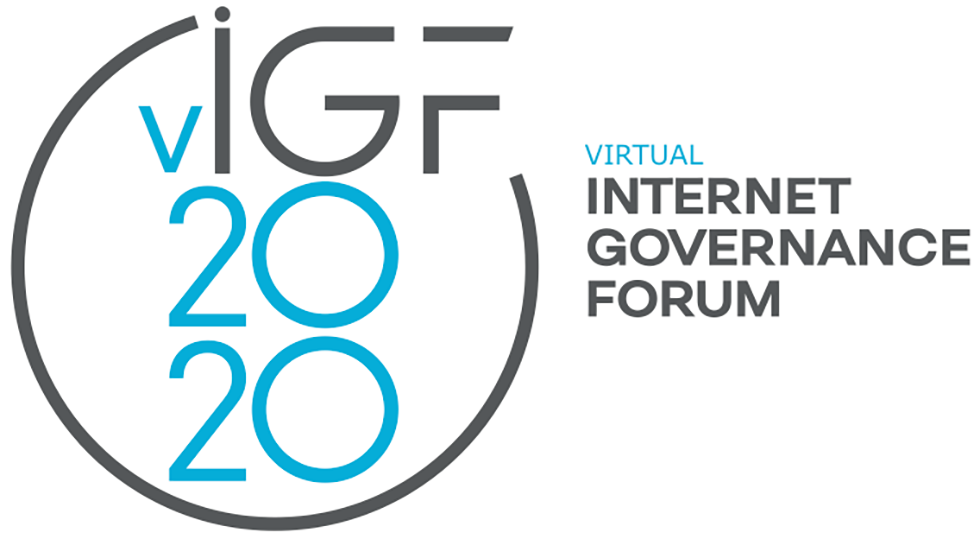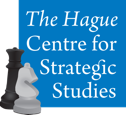In 2018, the United Nations General Assembly reinvigorated the multilateral diplomatic progress with regard to international peace and stability in cyberspace through the adoption of two resolutions, establishing two parallel processes – the UN Group of Governmental Experts (GGE) and an Open-Ended Working Group (OEWG).
The new GGE (A/RES/73/266) follows on from the previous GGE in 2017, which failed to reach a consensus report. The new GGE will run from 2019-2021 and seeks to have regional consultations alongside informal consultations with all UN Member States. The OEWG (A/RES/73/27) is open to participation by all UN Member States, will run until 2020 and aims to hold intersessional meetings with industry, NGOs and academia.
The GCSC was invited to participate in UNIDIR’s Cyber Stability Conference, which took place on 6 June at the United Nations Headquarters in New York. Represented by Commissioner Frederick Douzet, the Conference proved to be an engaging and interactive discussion on a critical topic.
The increase of offensive activities in cyberspace and lack of consensus on ways to constrain these activities have presented threats to all stakeholders. The Cyber Stability Conference is an opportunity to assess the impact of global digital transformation on the international security and stability landscape, and to identify key trends as well as practical initiatives by States and other stakeholders to advance normative frameworks for the mitigation of ICT-related security challenges.
Commissioner Frederick Douzet’s contributions at the Conference focused on the ways that the GCSC is attempting to address these issues, through the development of norms of responsible behavior and calling for increased cooperation and multistakeholder participation in decision-making processes. In particular, the GCSC will continue to provide a multistakeholder voice in traditionally state-led dialogues such as those currently ongoing within the United Nations.
Last week, the GCSC also participated in the Organization for Security and Cooperation in Europe (OSCE) Cyber/ICT Security Conference. On Tuesday 18 June, GCSC Commissioners Nigel Inkster and Virgilio Almeida gave a briefing to participants of the OSCE-wide event, explaining the work of the GCSC on norms of responsible state and non-state behaviour in cyberspace as well as elucidating on the next steps the Commission will take in formulating a framework for stability.
The OSCE event – part of the 2019 Chairmanship of Slovakia – was a good opportunity to participate in the regional GGE consultations and engage with stakeholders to discuss the work of the Global Commission. Feedback from events such as these will be taken into consideration by the Commission as it moves towards finalising its report by the end of this year.
As various platforms seek to outline potential solutions to instability in cyberspace, the GCSC looks forward to having the opportunity to discuss these issues further.
For more insight into the Commission’s work and research, visit the website www.cyberstability.org or follow the GCSC on Twitter @theGCSC. For more regular updates, sign up to the newsletter here.






